Gina Chiaverotti-Paige knows that small decisions can have incredibly large impacts on your life.
It wasn’t long ago that her decision to get a yearly wellness check caught her thyroid cancer in a stage that was easy to treat. She has since been in remission and encourages everyone she knows to go get an annual checkup.
She’s also honored and grateful for her decision to serve in the Air Force. It’s a career path that taught her resiliency, independence and structure as a young adult, and she carries those – along with a strong work ethic – into her current profession as a government employee and throughout all other aspects of her life.
Gina’s treatment for cancer has brought consistency back to her physical and mental wellbeing, as well. Before her diagnosis, she said she knew that something felt off. She was constantly fatigued and gained weight. The diagnosis made sense; the successful removal of the cancer and medication allowed her to return to training, and she’s found a love for cycling in her home state of Wisconsin, where she now lives with her family.
“I had my whole thyroid removed and 10 or 11 lymph nodes, so I am on medication for the rest of my life. … your thyroid impacts so much. But here I am 5 years later – I’m finally at a dose that is right for me at this point. That will fluctuate, but it's great to have energy, be present and feel relatively normal because for so many years I didn’t, and I didn't realize how bad I was feeling until I was back to normal. That’s been really nice to have.”
Gina’s path to the military may not have been the most traditional route. It’s something she had considered since high school, but it took until the start of her college career to actually enlist. She became a photographer in the Air Force and traveled across the world to document on assignment. Despite all the adversity Gina’s faced both in the military and in her role as a civilian, she appreciates all of the opportunities she’s had to grow through.
“It’s both rewarding and challenging in equal parts. It will teach you to grow up quickly. It’s an opportunity to become independent, learn about yourself, explore the world, and meet a lot of cool people along the way.”
Read on to learn more about Gina’s story, about her experiences as a female veteran, how thyroid cancer changed her life and how cycling is quickly becoming her favorite sport.
***

Tell me a little bit about yourself, and how fitness and sports came into your life.
I grew up in Wisconsin – born and raised – and I joined the Air Force at 19. I was able to travel the world, and that was really exciting. I had a lot of great times and also a lot of challenges in those 8 years. I met my husband in the military – he was also in the Air Force – and toward the end of my military career, I had my daughter, who just turned 10.
Athletics, physical fitness – all that was part of my military life. We had to have that physical piece. We were provided time, and that was great. When I got out of the military, I was dealing with some health issues, and I really struggled. I knew that I needed to get back into it, so I started to do triathlons just for fun.
It was a simple thing. I did a couple, and then when my husband got out of the Air Force and we were moving and transitioning to civilian life, I kind of lost track and again started having health issues, which ended up being thyroid cancer. I was diagnosed in 2017 at the age of 31.
I had gained a lot of weight. I was having some side effects of having thyroid cancer, and as soon as my treatment was done, I knew that I needed to get back to a better space both physically and mentally, because I wanted to be a role model for my daughter. I wanted to be present.
There was a bike ride for cancer research that was benefitting the hospital system that I had gone through my treatment at. I was actually in a cancer research trial, so for me, it was really important. I started to just ride, and one bike ride turned into a passion. I’ve started to really enjoy bike riding. It’s good for me physically and mentally – it’s my place.
Tell me about your cancer diagnosis and how you knew something just wasn’t right with your physical health.
Toward the end of my military career, I was having quite a few health issues that were impacting me and my ability to be an active member of the military. I was dealing with weight gain, fatigue, depression – which, you know, a lot of that is like, well, you’re getting older or you have a child or you’re in the military ... it just seemed like they were just looking at each issue and not putting them together.
For years, I dealt with that, and then in 2017, I went for my annual wellness check. In the military, they make you go every year, and so I’ve always continued that. They were just doing the normal check, and the doctor was feeling my neck. She said, “Oh, you’ve got a little bit of a nodule in there. Totally normal, lots of people have them, 98% of the time they’re non-cancerous, but we’ll send you for a scan just to check.”
They sent me in for an ultrasound. The ultrasound came back questionable. I went in for a biopsy, and a week later found out that it was Papillary Thyroid Cancer. It’s a day I'll never forget. I always remember: August 16 is the day that I was diagnosed. I take the day off every year as a day to celebrate life and being here.
But there’s been some silver linings of my diagnosis. One of them is that I’ve been able to help people understand the importance of taking that one hour a year to go to your doctor and get that wellness exam because it really is life-saving. They were able to catch my cancer very early so treatment was relatively easy. I also was able to participate in a research study, which was really cool to know that my challenge is going to benefit somebody else in the long run. They’re going to learn from me so somebody else can have the same, if not better, outcome, which is pretty cool when you think about it.
How did you mentally prepare yourself for the road ahead through treatment and those unknowns?
That’s really hard to sit back and reflect on. At first there was a lot of crying, to be honest. I remember going to the doctor, and it was my primary care doctor who told me.
I remember I went in, and they asked me if I wanted a bottle of water. I was like – that’s new. Never had that happen. So I remember feeling like something was going on.
And then I remember they told me: You have cancer and you’ll connect with someone soon, don’t Google anything in the meantime. This was, like, a Thursday, and I knew I wasn’t going to be seen until next week. So you’re telling me I can’t Google anything … I just remember going home and shedding a lot of tears.
At that time, I lived a couple hours away from my family, my parents and my sister, so making those phone calls was really emotional. There were a lot of unknowns. Those first few days were really challenging.
But once I got in and was able to see a doctor, I learned about a few resources. One of them was the Thyroid Cancer Survivors Association. They had a local meeting group in Madison, WI, and I was able to go to those groups and connect with individuals who had gone through the process and could talk about the challenges. It was really helpful because you’re never prepared for someone to tell you you have cancer. Everyone’s journey is different. It was helpful to hear different paths that I may possibly be taking and what I could do to make it better.
And obviously my family was a huge, huge support system. They really stood by me when I had those emotional moments. I also had great co-workers. I was lucky to have a support system, and there’s many people who don’t.

How did your life change after beating cancer?
There’s a few things. Physically I've had some changes. I had my whole thyroid removed and 10 or 11 lymph nodes, so I am on medication for the rest of my life. I have to take a pill every day that mimics what my thyroid would do, which is huge, because your thyroid impacts so much. That was challenging at first because they had to find the right dose. I had a lot of ups and downs and emotional rollercoasters as I navigated that.
But here I am 5 years later – I’m finally at a dose that is right for me at this point. That will fluctuate, but it's great to have energy, be present and feel relatively normal because for so many years I didn’t, and I didn't realize how bad I was feeling until I was back to normal. That’s been really nice to have.
But it's still a rollercoaster even 5 years out. Every year, I go in for my check-ups, have blood work done, and it’s still nerve wracking. You never know if it’s going to come back. I feel that it has heightened my senses on other things. I’ve really had to work on that and keep that in check, but so far, I'm just happy that it was caught early.

Now that you’ve gotten your life back and are starting to feel better with more energy, how has your cycling evolved?
My first ride post-diagnosis was in 2019. It started as that ride for cancer research, and then I just started doing it for fun. I realized how much I enjoyed being out and having that time to process everything and to take that time for me. For parents, it’s very hard to find “me” time. So that was my “me” time to really do my thinking.
Then over the years, I continued to do that ride. I started upping my distance. Through the pandemic, I started to become more and more passionate about it – partly because there wasn’t anything else to do, so for me I was like, I already do this, let’s do it more! My husband bought me a Peloton so in the cold winters here, which is most of the year, I could do that. It really became my thing.
This year, I joined a women's cycling group, which I'm really excited about because I really want to take it to the next level. I really want to start doing longer routes and group rides. I know that in order for me to do that, I need some mentorship. The fact that I can get it from other women is fantastic. Whether it’s a 100 mile ride or a multi-day ride – that’s where I’m headed.

(Photo credit: SSgt Gina Chiaverotti-Paige)
Let’s talk about your military background and your life in the Air Force. Why did you choose the Air Force, and what about military life appealed to you?
I have a family history of military service. Both of my grandpas were in the Navy, I had an uncle in the Navy, and I had a cousin who’s a few years older than me who joined the Air Force. While I was in high school, I was kind of lost on what I wanted to be.
I remember sophomore year, the military representatives were at our school. I ended up walking over and talking to them. I had my mind set on the Air Force because my cousin had recently done it. I ended up taking the test and I did really well. I started getting phone calls – they really wanted people to join, especially at that time – I am a post-9/11 veteran. They were in need of people.
I brushed it off, and then I decided that I was going to go to college to be a sign language interpreter. I signed up at our local technical college, took a summer semester, and then started the fall semester. It was OK, but I could tell it wasn’t what I wanted to do.
I was chatting with one of my girlfriends at the time and the presidential election was coming up. She said, “If your candidate wins, I’ll go into the Marines. If my candidate wins, you join the Air Force.”
Well, I lost the bet. I went over to the recruiter, said I'm interested, and got on the list as there was a wait to get in at that time. I left on March 1, 2005 – that was when I started basic training.
[After basic training] I [went] to Fort Meade to attend Defense Information School, which was a joint tech school. I went to school with the Army, Navy, Marines, Air Force and Coast Guard. Our school house was comprised of folks who were going to be photographers, videographers, graphic designers, journalists ... It was really cool to be able to do that with the other branches of service.
Then they shipped us off to our first assignment. Mine was Osan Air Base in South Korea. That was my first time traveling internationally by myself. It was really cool. It was a one year assignment. At that time, most people could not bring their family.
It was interesting for a first assignment. You work really hard over there, and you play really hard. I spent a year there, then after that I went to Moody Air Force Base in Georgia, and I spent a couple years there. From there, I had to go do a temporary duty assignment at the Joint Combat Camera Center at the Pentagon. I came back to Moody – that’s where I met my husband. We met, got married, and then both moved to our last assignment, Mountain Home Air Force Base in Idaho. We had my daughter while I was there.
How has your experience in the military shaped your life?
The biggest thing with the military is it is challenging and rewarding in equal parts. There are a lot of good things that came out of it, but there are still a lot of things that I carry with me that provide me with daily challenges. What it provided me at that young age was structure. I realized quickly that I needed structure. And that is something I carry with me today.
Also the fulfillment it provided me – I know there are a lot of careers out there that are rewarding and fulfilling, but the military is this fulfillment that I can't explain. Being able to serve the nation … I really enjoyed that.
I enjoyed all the experiences. In 8 years, I was able to travel all over. While that is awesome, that is also difficult. I know that when I would connect with my friends back here in Wisconsin, I had done all these crazy things that folks couldn’t relate to. I felt like an outsider. But, I’m still really thankful for that. It’s taught me a lot about how we all come from different walks of life, and we all have to find a way to work together. We all have strengths and weaknesses and we need to utilize those.
The other piece I would say is the work ethic, which is also because of my parents. My parents had a very strong work ethic and instilled that in me, and I think the military added to that. When you're in the service, it’s service before self, one of our core values. However, I struggle with that now, putting the work away and taking that family time.

How has being a female in the military been challenging?
From a female perspective, going into the military, especially at that time, the male to female ratio was completely out of whack. It is predominately men in the military, so being a woman, you constantly felt like you had to prove yourself and that sticks with me today. I constantly feel like I need to prove myself to be treated the same.
That gender inequality really existed, and I think as I look at my time in the service, we also had to focus on our masculinity, in a way. We needed to fit in. We took a lot of our femininity away. Our uniforms did, the way we had to dress. We couldn’t wear colorful nail polish, lipstick, anything – we went down to this basic human level, and at the time I didn't really think anything of it, but when I look back, I see how that has really shaped me, and made my transition into the civilian world a difficult one.
When we look at the civilian world, while we say there’s no gender roles, there still are. There’s gender roles; there’s gender stereotypes. When you see a woman come into the workplace who has a little bit more of that masculinity and that straightforward approach, that can rub people the wrong way unfortunately. For me, it was really difficult to navigate that because for 8 years, I had been set up to operate this one way.
It’s still something I deal with today – finding my place again. You’ve been operating in that way for so long that you don't know any different.
How have you seen the military evolve over the years?
At the basic level, women, when we were finally allowed to be in the military, we were only allowed to be in a few roles. We saw a lot of women in the admin, medical, nurse, paperwork, etc.. That slowly started to transition to other roles.
When I joined in 2005, we were at a point where women were able to be in a majority of roles, but direct combat was one area they were not allowed to be in. That didn’t mean we couldn’t go to Afghanistan or Iraq, but we were on base performing other roles. A military base is like a tiny town. When you’re at a base, there are military members doing human resources, medical, running the fitness centers … everything. All that is needed there.
So that was hard, because it was like, OK, we can be in the military but there's still restrictions. We had different standards for physical fitness tests. I understand – our bodies are different. But it felt like we constantly had to prove ourselves that we were good enough to be there, that we could do the same thing that a male could do.
And so that was something that was always in the back of my mind, physically, even professionally. When you look at promotions, the military had a system, but men could be in certain positions that would allow them to have a little bit more “up” in that promotion cycle. So that was really challenging.
I want to say it was right around when I got out in 2013 when they finally lifted that ban and women could be in those direct combat roles. That was huge. That was a really exciting thing. But with that being said, I think all of us know that when any policy or change is implemented, it takes time.
Change doesn't happen overnight. I think that the Department of Defense has made a lot of steps in helping women feel included and equal, but it’s gonna take time. I can’t speak to what they’re doing now as far as helping with that culture shift. I do know they were starting when I was in. I think a lot of us just [blew it off], but we’re coming to realize if you keep letting that slide, that grows into a bigger issue.

(Photo credit: SSgt Gina Chiaverotti-Paige)
Are there any lessons you’ve learned that you would like to pass onto others?
There’s a phrase we say in the military: Embrace the suck. I have it on my RoadID as a reminder that life is full of challenges. Physical, mental, financial … there are so many different challenges, and it’s gonna suck going through them, but we need to embrace that. How do we respond to it, and how do we learn from it?
Being in the military, I went through a lot of stressful situations. In my current job, I go through a lot of stressful situations. With each one, while I'm going through, it is terrible, and sometimes hard to find the light at the end of the tunnel. But I do know that through every one, I learn something that makes me stronger.
I think the military really taught me that. It taught me about resiliency. I think some of that was planned, but then I think some of the challenges that I’ve faced with being a female veteran and with some of the things I dealt with being a photographer and some of the things I had to see, it gave me that ability to be resilient. That takes a lot.
My husband and I had a conversation recently, with our daughter turning 10. We are thinking of saving up for college and all these things. I made a comment about what if she wants to go into the military. He said I don’t know. Granted, we both had very different experiences. But I would still recommend it to my daughter, and I'd recommend it to anyone who is interested and passionate about it.
It’s both rewarding and challenging in equal parts. It will teach you to grow up quickly. It’s an opportunity to become independent, learn about yourself, explore the world, and meet a lot of cool people along the way. I have a lot of people that I've met throughout my time that I'm still in touch with today and I consider them my family. We spent so much time together. The sense of community and pride is really cool. I haven’t found that outside of the military.
How did you manage the stress of military life on a day-to-day basis?
I didn’t handle the stress well. That was an area that was really difficult for me. I had my co-workers and other military members as a support system, but there were things that I was going through and dealing with that weren't necessarily going away. I knew I needed more assistance.
At that time, mental health care – there was a stigma around that. If you went [to get help], it was like you got a red X on your records. It was very difficult to make that step and ask for help. So I really put it off for a long time until toward the end.
I’m still dealing with the stress from the military today and working through that, but I've learned that it’s not bad to ask for help. I am still working on getting the courage to do talk therapy and talk through some of the things that still impact me that I haven't been able to work through. I know that’s a critical piece. You really need that whole health care. You need to support yourself from all areas, and that’s really difficult. It’s hard to ask for help.
When I got out of the military, I struggled with finding who I was. I’d been a military member, and now I was let alone not just a veteran but a woman veteran, which feels invisible.

(Photo credit: SSgt Gina Chiaverotti-Paige)
How did you find Athletic Brewing and the ambassador program?
I've done dry challenges here and there, and I've never been successful. I realized over this last year, I graduated – I went back to school;. I know I said school wasn’t for me, but I actually went back to school and most recently graduated with my masters in 2021.
During that period, I was busy, but after that ended I had all this free time. Most nights of the week I was drinking. So I was chatting with two of my neighbors, thinking of doing a dry challenge. As I was doing that, I was reading the book Quit Like A Woman: The Radical Choice to Not Drink in a Culture Obsessed with Alcohol. It was really eye-opening, reading that while I was doing this. I was analyzing myself and my past and some of my actions, and just thinking about the culture that we live in.
At the end of the month, my blood pressure had gone down, I hadn’t slept this good in years, I really enjoyed waking up without a hangover. I just kind of kept going. I decided to make an announcement on my Facebook page because I felt like it would hold me accountable. I just said I’ve enjoyed it and I’m going to do it indefinitely. I don’t know what the future holds – maybe I’ll drink again, maybe I won’t.
As I was exploring that, I came across an article about NA beers, and then I did some more research, and consistently across all of them was Athletic Brewing. I went to my local grocery store, grabbed a 6-pack, and I was like, “Wow, this is good!” I poured it into a glass and gave it to my husband. He took a sip, and then he asked me if I was drinking again. I said, “No, this is NA!”
That really started my love for Athletic Brewing. It was exciting to have something that still provided me with that taste. I love the taste of beer, and I still wanted that, but I didn't want all that extra stuff. It was really exciting to have the option. I know that not everybody who is sober is interested in having beer because that could be a trigger. But for me, it’s exactly what I need. I take it everywhere I go.
For me, as I’ve navigated this, it almost feels like the veteran piece – there's these stereotypes about veterans and female veterans, and I think the same can be said about being sober. Why do we have to have a problem? Why can we not just live an alcohol-free lifestyle? My goal is to break that down a little bit and make people feel comfortable with being alcohol free and saying they’re sober and that not meaning they have issues.

How has the ambassador program helped you in your professional, personal or athletic endeavors?
I remember when I got the email saying that I was selected, at first I thought maybe messed up. I just threw my name in, I didn’t really think I’d get selected. It’s an amazing group of individuals. I remember I was like, I’m just gonna put my post out there and say full transparency I don't feel like I belong. I remember somebody reached out and said: “You do.”
We are a diverse group of individuals, and we are all at different stages with our physical and mental health, and I think that’s what’s really cool. There are folks in every sport, and it’s so motivating watching others, and everybody is so helpful and friendly and wants to see you succeed as well. It’s like we all have our hands on each other's backs even though we're thousands of miles apart.
For me, watching others succeed and learning from them is really helpful. It’s been great to connect and ask questions and not feel silly asking them, because I think sometimes it can be really difficult. I really enjoy that and having that community to really rely on and help me grow.

(Photo credit: SSgt Gina Chiaverotti-Paige)
What are some of your proudest achievements?
Serving in the military is obviously one of my biggest achievements. I am the first and only female in my family who has served. It’s something that I will always carry with me, and it's really shaped me into who I am today.
I would also say beating cancer. That’s another one. It definitely shapes you and challenges you.
Lastly, my professional life, being where I am today. When I got out of the military, I didn’t really know where I was headed and how to navigate civilian life and employment. To see in the 7 years since I’ve moved back from Idaho to Wisconsin, to see where I’ve progressed professionally is really exciting, and I'm extremely proud of that. It’s something that I never would’ve dreamed of.
You hear a lot about veterans who struggle, whether that’s getting a job, homelessness, whatever it may be, and so I was really nervous. I found out that the state government had a veterans preference program. I was able to get my foot in the door for an interview, and because of that, I am where I am today. I was able to continue moving up and really showcase that veterans offer unique skills that others don’t have. It’s been really exciting to be in a spot where I can show others, especially female veterans, what is possible.
What is a bucket list event or race that you’d love to compete in?
There’s a few. There are a couple of races in Wisconsin I want to do – Ride Across Wisconsin is one of them. We have a really beautiful state. I think it’s just something that I'm working toward; I don’t think it’ll be a next year thing, but something in the future.
Wisconsin is home to Trek, so they do a lot of rides throughout the year, like the Trek 100. I’d really like to do that as well. I have a Trek bike, so I'd like to support them as a Wisconsin company. My hope is that’ll be a next year thing. I’m in that stage, so right now I'm researching trainers so I can do some stuff during the winter because it’s really not pleasant to be outside most of the time in Wisconsin.

(Photo credit: SSgt Gina Chiaverotti-Paige)
What’s your favorite recovery food?
I love fried rice. Maybe not the best recovery food, but it’s got carbs and protein. That’s typically my pre-ride dinner as well.
What do you like to do on rest days?
Binge watch TV. I’m a sucker for documentaries, especially true crime!
Really, though, when I do have those recovery days, I try to focus more so on my mental state. I try to do meditations even if it’s 5 minutes. It gives me something to take a step back and really reflect and start over again.
What gets you up and out of bed every day?
My family. My daughter and my husband. I think once you have a child, it’s life changing. It really changes your perspective. It is so exciting to see things again but see them through their eyes and their excitement. It’s just great. Every day really is different and exciting. I strive to be a positive individual. I fail at that quite a bit, but I try to remember that every day, there’s something positive about each day and it’s worth being here for.
If you’re interested in joining the ambassador program, visit our Ambassador Community Page and sign up to be notified when applications open!
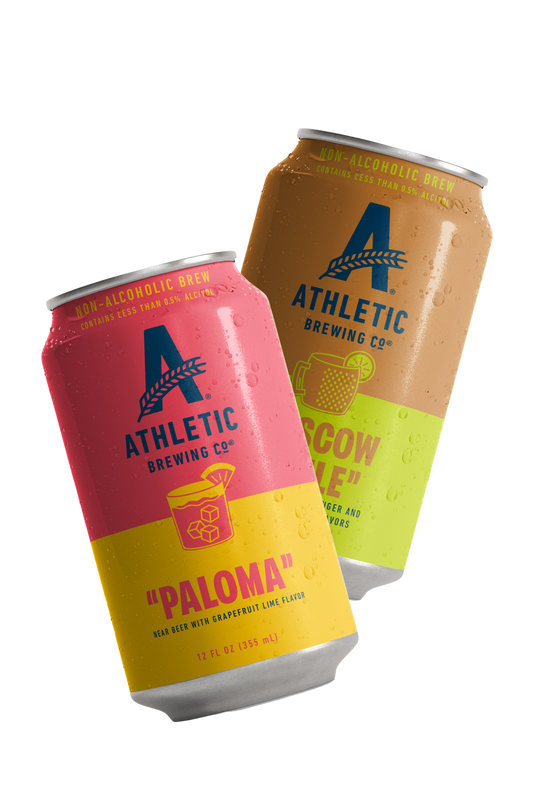
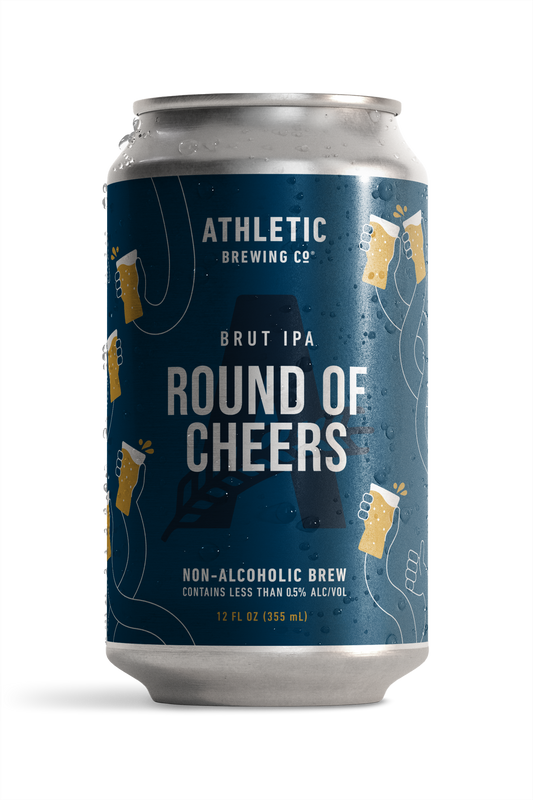
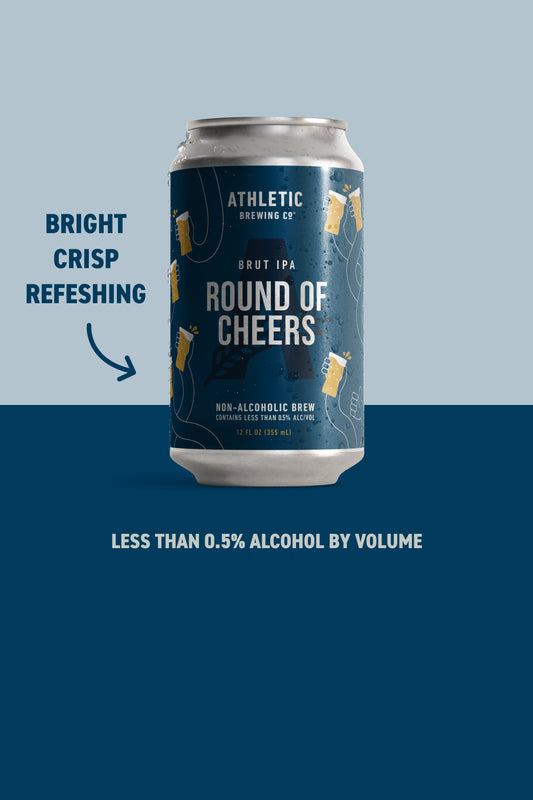
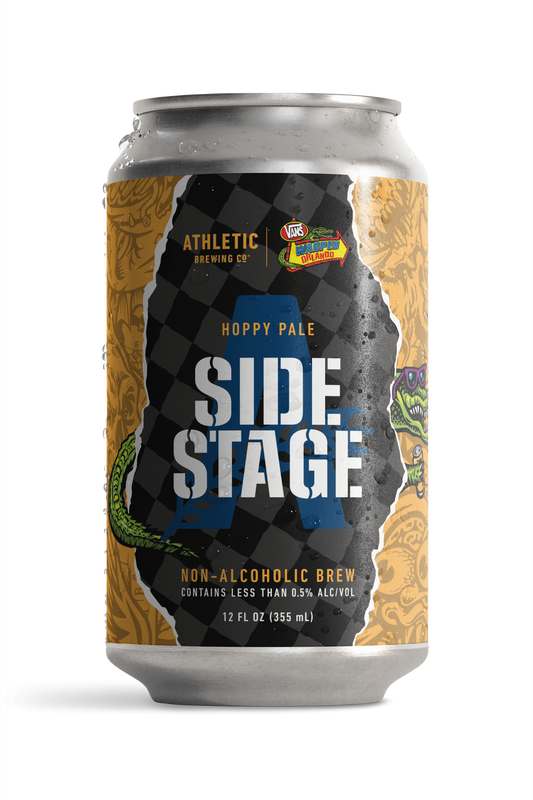

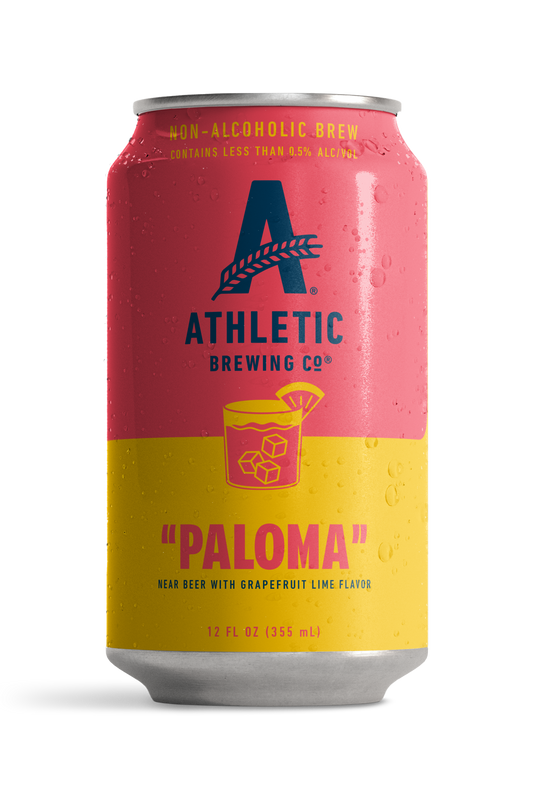
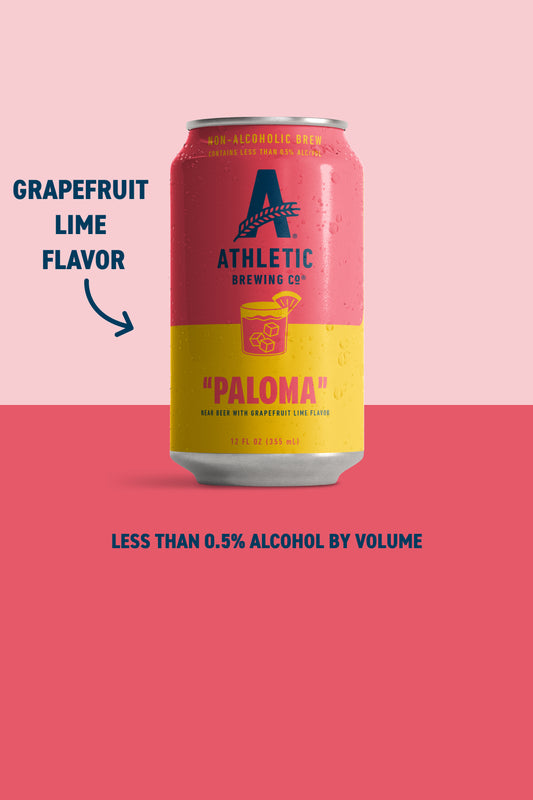
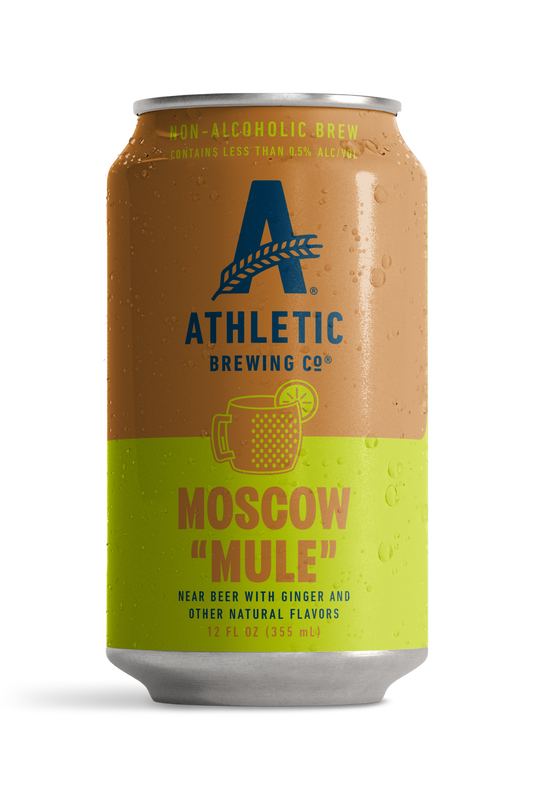
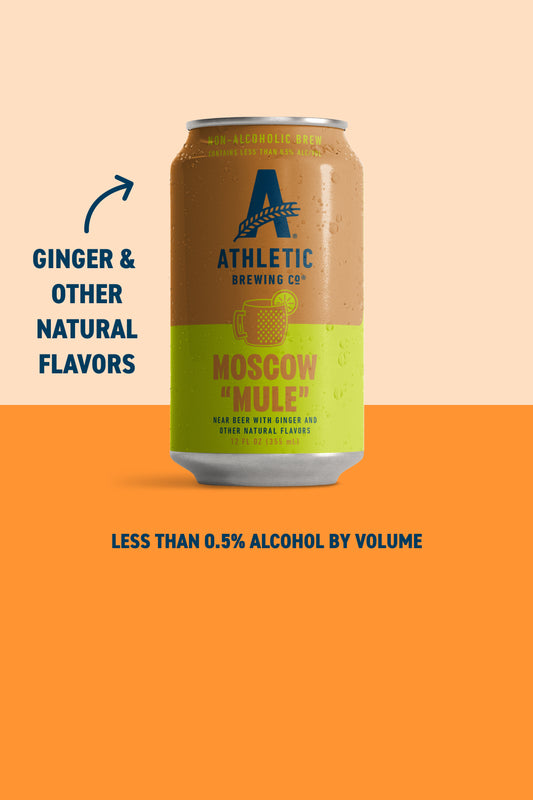
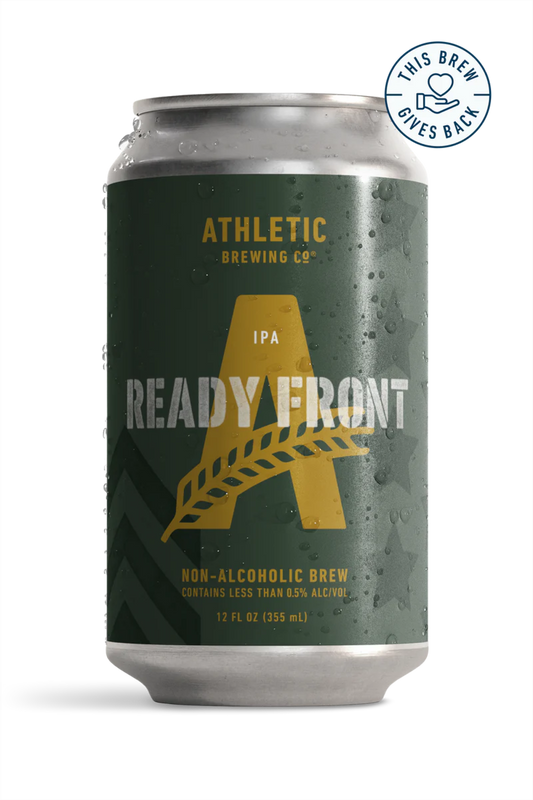
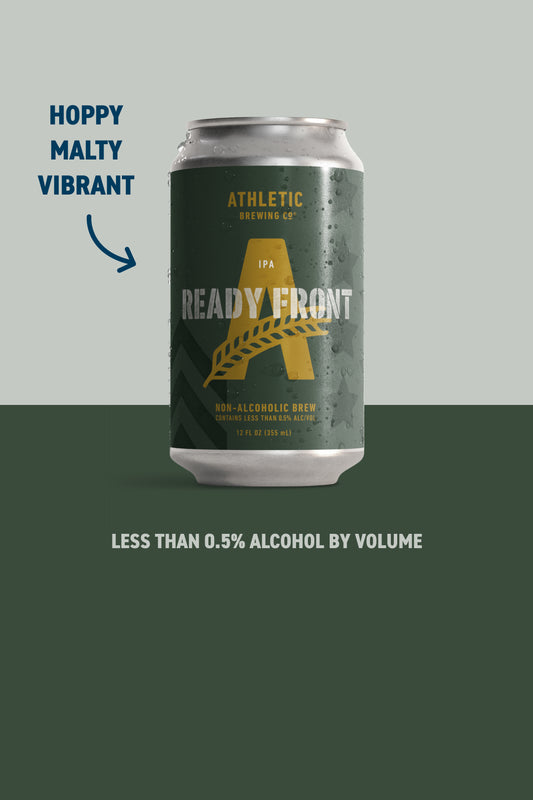
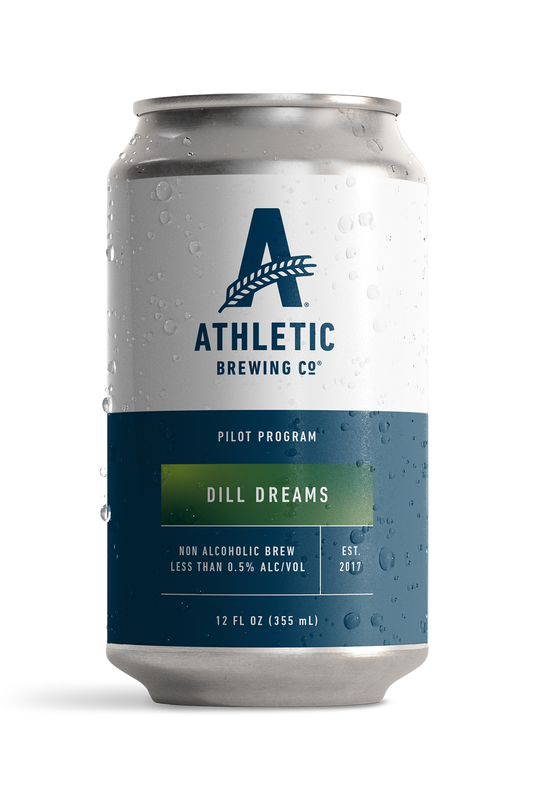

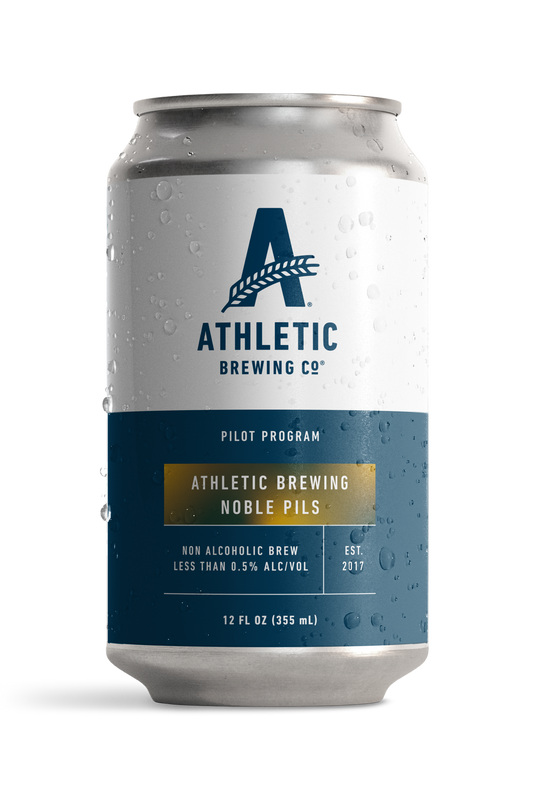
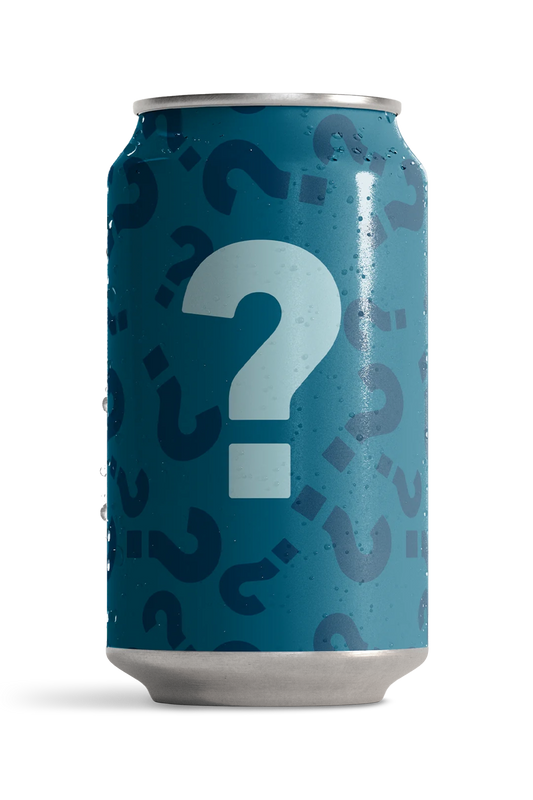
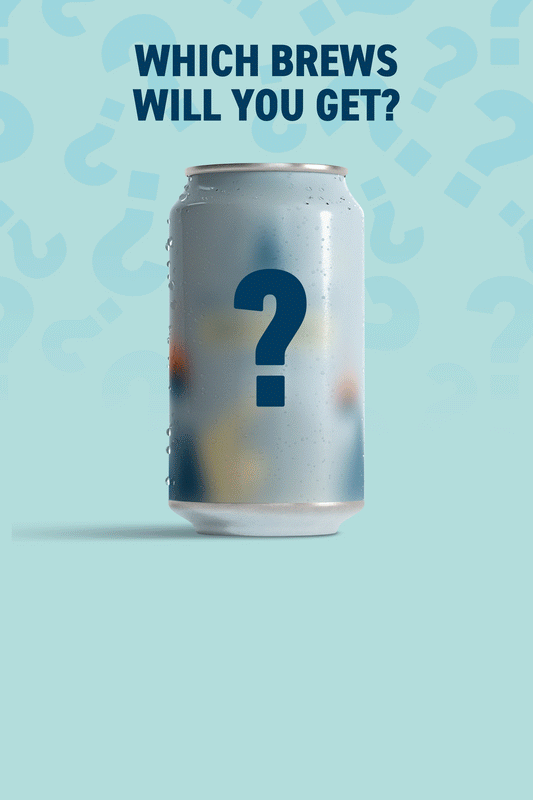
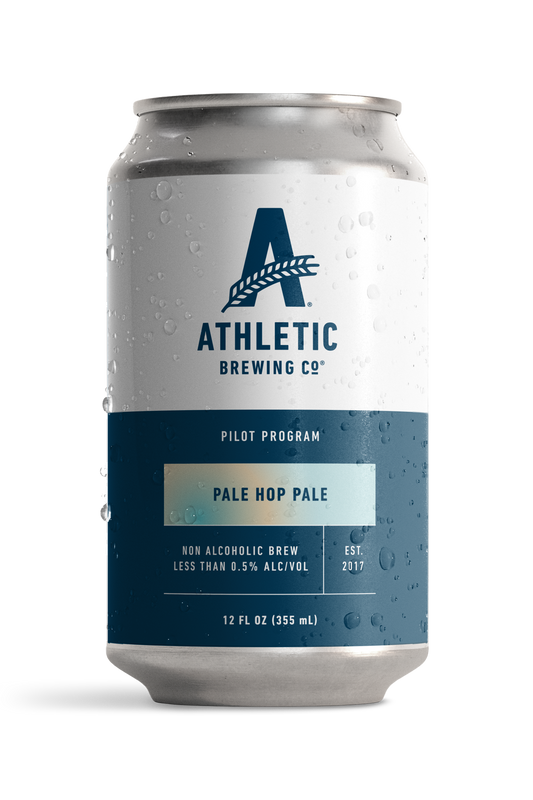
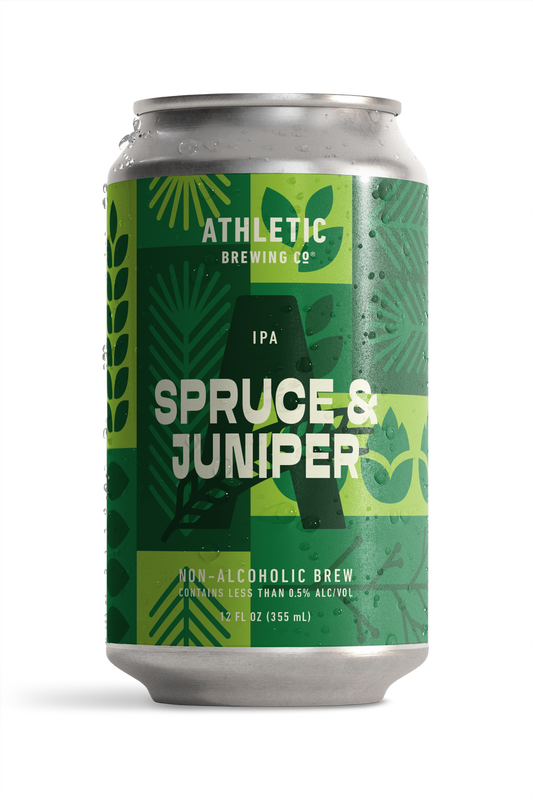










 Your Privacy Choices
Your Privacy Choices











